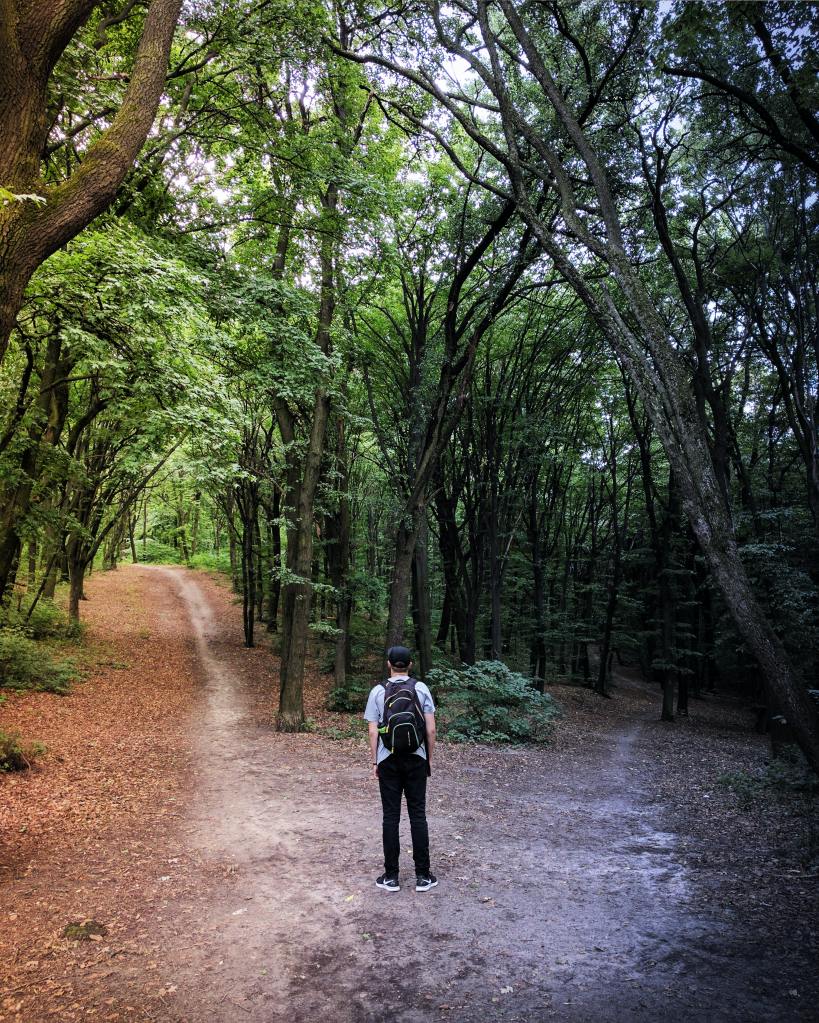
The work was different in the past week. In between clinical tasks, I worked to meet a different deadline. I wasn’t writing my own work, instead, I had assumed the role of publisher.
One of my patients had written five books and had always wanted to have them published. In recent weeks he became critically unwell and was unable to publish his books himself. Thanks to what I had learned over two years as a member of Writing In Community I started helping him publish his books using Amazon Kindle Direct Publishing.
Last week I had a different kind of deadline pressure to work under. I wanted to publish his books before he died. Every day his condition worsened. His time was running out. I still had other patients to review.
In my spare time, I worked on his books. Preparing cover pages. Adjusting blurbs. I didn’t have enough time to edit the over 1000 pages of words. It meant a few late nights and I ended up arriving for a video interview with less beauty sleep than I had intended. Would I make it in time? Would he still be physically capable of viewing his own e-books? I wasn’t sure, he was deteriorating every day, becoming sleepier and more unwell. He was dying
I converted the MS Word documents into epub books. I took my laptop into his room and showed my patient the finished products. Not a perfect job at all but good enough in the time constraints I was under. Phew!
I confirmed with him when he wanted the books to go live. Books two to five could go live right away. For Book One, the most personal one, he wanted me to wait until a month after his imminent death.
The next morning he wasn’t able to speak to me any more.
I wasn’t surprised when the month countdown started less than a day later.




